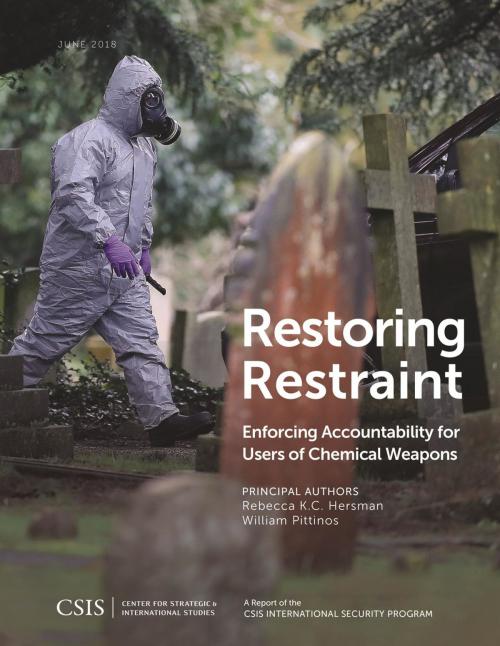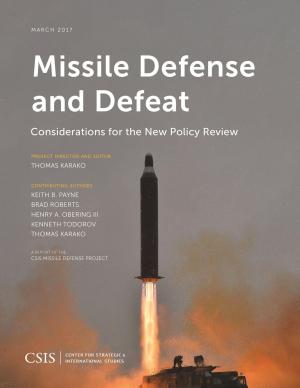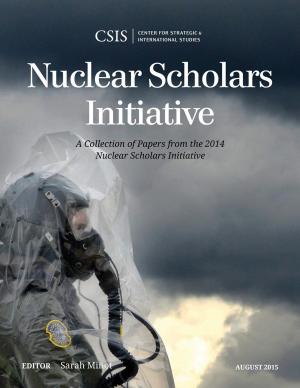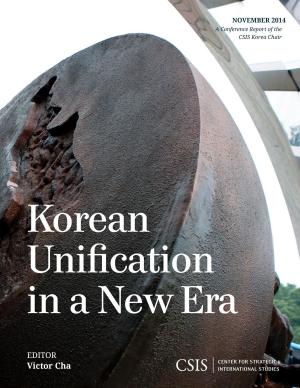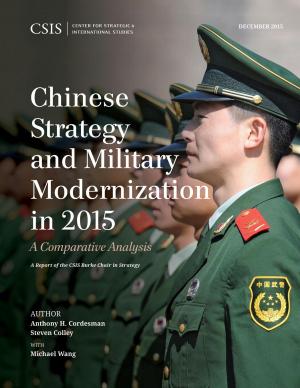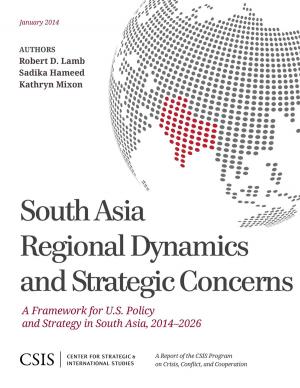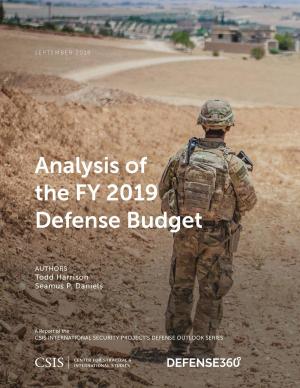Restoring Restraint
Enforcing Accountability for Users of Chemical Weapons
Nonfiction, Social & Cultural Studies, Political Science, International, International Security| Author: | Rebecca K. C. Hersman, William Pittinos | ISBN: | 9781442280786 |
| Publisher: | Center for Strategic & International Studies | Publication: | July 27, 2018 |
| Imprint: | Center for Strategic & International Studies | Language: | English |
| Author: | Rebecca K. C. Hersman, William Pittinos |
| ISBN: | 9781442280786 |
| Publisher: | Center for Strategic & International Studies |
| Publication: | July 27, 2018 |
| Imprint: | Center for Strategic & International Studies |
| Language: | English |
In 2012, a 20-year moratorium on state employment of chemical weapons use was broken. Since then, there have been more than 200 uses, against civilians, military targets, and political enemies. These attacks have broken norms against the use of weapons of mass destruction and create a gap in the nonproliferation fabric—despite the robust international architecture of laws, treaties, agreements, and norms designed to restrain the proliferation and use of these weapons. Accountability for these recent attacks has been limited or nonexistent, which threatens the credibility of the nonproliferation regime and only encourages further use. Leaders must find the political and moral strength to use a full spectrum of tools to reestablish this system of restraint. By understanding the system—built on taboos, norms, deterrence, and a lack of benefits—and corresponding accountability approaches—military, legal, political, diplomatic, economic, and educational—leaders can utilize a menu of potential actions for building more diverse, flexible, scalable, and implementable options to hold accountable users of chemical weapons.
In 2012, a 20-year moratorium on state employment of chemical weapons use was broken. Since then, there have been more than 200 uses, against civilians, military targets, and political enemies. These attacks have broken norms against the use of weapons of mass destruction and create a gap in the nonproliferation fabric—despite the robust international architecture of laws, treaties, agreements, and norms designed to restrain the proliferation and use of these weapons. Accountability for these recent attacks has been limited or nonexistent, which threatens the credibility of the nonproliferation regime and only encourages further use. Leaders must find the political and moral strength to use a full spectrum of tools to reestablish this system of restraint. By understanding the system—built on taboos, norms, deterrence, and a lack of benefits—and corresponding accountability approaches—military, legal, political, diplomatic, economic, and educational—leaders can utilize a menu of potential actions for building more diverse, flexible, scalable, and implementable options to hold accountable users of chemical weapons.
